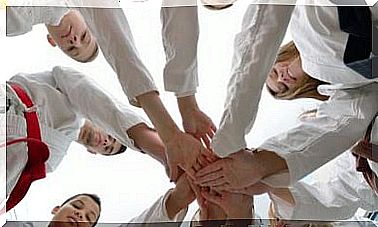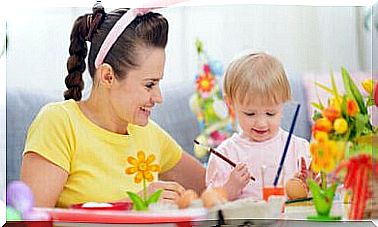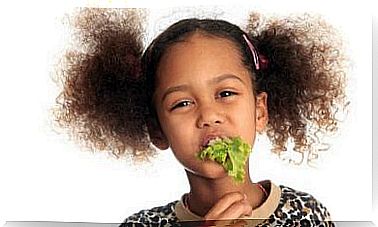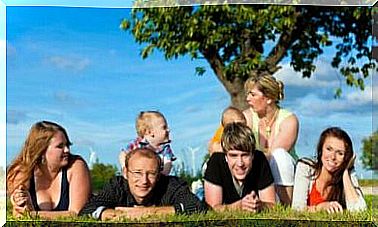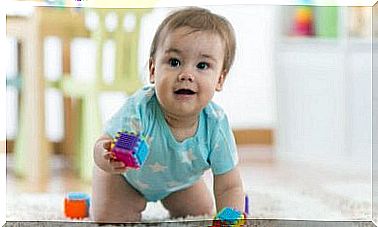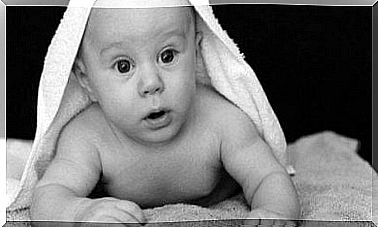What Is The Best Age To Learn? – Being Parents
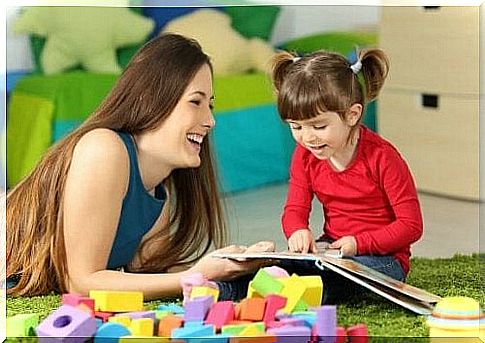
Often, parents ask themselves this question. What is the best age to learn motor activities, cognitive learning, or emotional understanding? Below you will find everything you need to know about this topic.
There is no doubt that when we observe children in their daily activities and while they play, the speed at which they assimilate and reproduce the information which they constantly perceive through all of their senses is impressive.
Of course, this subject is not new. It has been widely studied by disciplines such as neuroscience. We have observed the brain connections of children and we have drawn incredible conclusions. We want to share them with you later.
With all this data, you can start to stimulate children’s learning. This is so that they can fully develop their potential.
What is the best age to learn?
To explain what is the best age to learn, pediatric neurologists have developed a concept called brain plasticity.
Thanks to brain plasticity, they claim that between the first months of life and up to six years, children’s minds and senses function like a sponge, absorbing all the information they see around them. Plus, they do this very quickly and naturally.
During this time, the children are going through a delicate period of learning. It is undoubtedly a step that should not be wasted, if children want to retain as much knowledge as possible in the long term.
This ability covers areas such as musical and mathematical skills, motor coordination, bonding, memory development in relation to visual ability and, of course, language development.
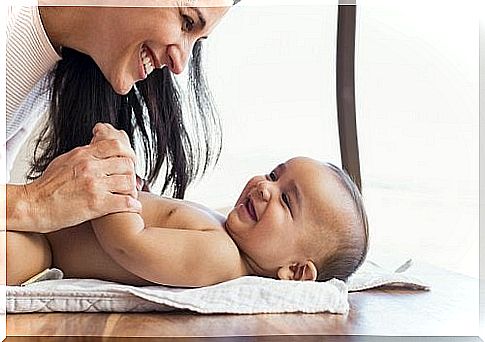
What do children need to learn based on their age?
Between the first months and six years, children have an extraordinary capacity for learning. The correct retention of this information varies with age.
From birth to two years
There is a subcortical structure in the brain called the amygdala that has multiple connections. These allow an individual to integrate emotions, memories and feelings.
All of this will allow him to establish much of what will later be emotional behavior.
This is why, from birth to the age of two, the type of bond we have with the baby will allow you to develop specific behaviors. This is the case with selective affection, empathy for others, trust, respect for authority or fear.
It should be emphasized that healthy bonds and adequate emotional intelligence will affect all aspects of a person’s social development. Therefore, parents should pay special attention to children’s relationships during this time.
The first months of life up to five years
During this period, children’s brains form associations between images of everything around them, their use and their meaning.
It is through vision that children acquire the first learning. Therefore, visualizing lights, colors, various shapes, and even the perception of distances will help them develop motor coordination later on.
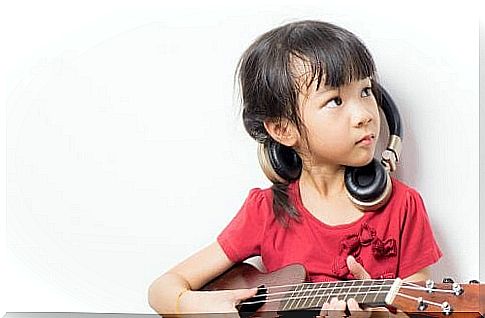
Eight months to eight years
After the eighth month, children try to reproduce the sounds they hear outside to establish more direct communication with their parents or relatives.
Of course, they start with babbling and the reproduction of little sounds. Around three years old, they acquire the syntactic ability to formulate sentences with a correct meaning and order.
From then until the age of eight, they will quickly and solidly consolidate the accents and vocabulary they will learn from their parents and at school.
For this reason, it is imperative to speak properly to children. They need to be taught new languages and instilled in them a love of reading.
Between the first year and the eight years
This period is also considered to be particularly interesting for teaching a child to play musical instruments.
When performing activities involving motor coordination, the same areas of the brain related to learning math are activated.
For this reason, we will also stimulate spatial reasoning in children through music. This is one of the conditions for learning this discipline well.
Ultimately, remember that parents should take on the role of guides to accompany their babies in their learning.
With the right support, babies will be able to develop a wider range of skills and develop correct emotional management.
